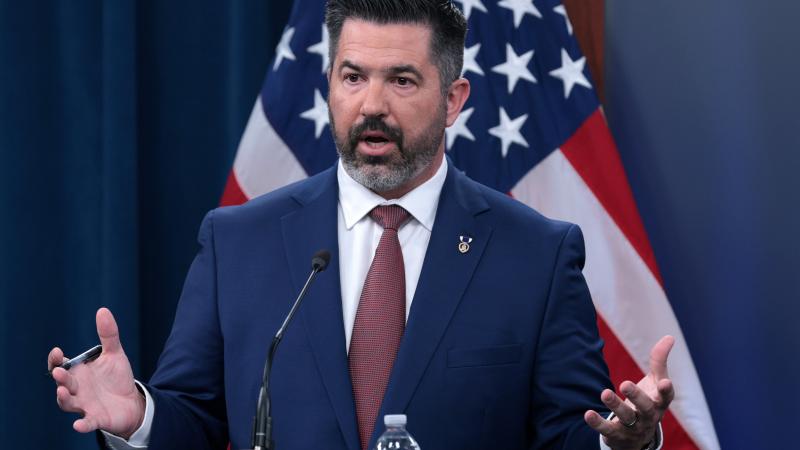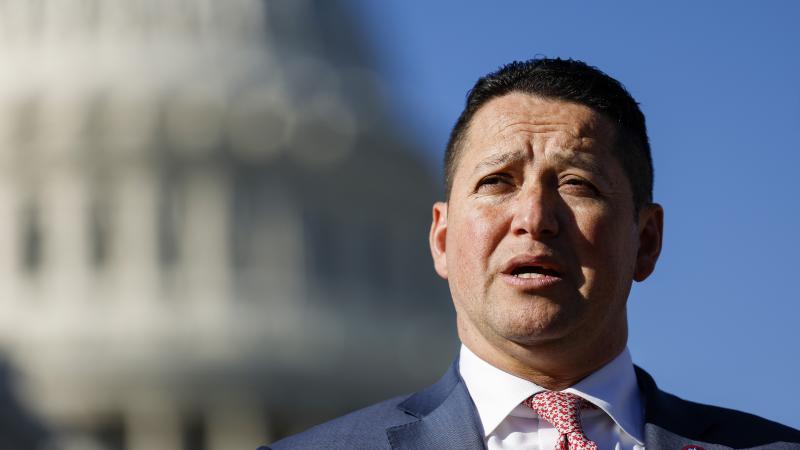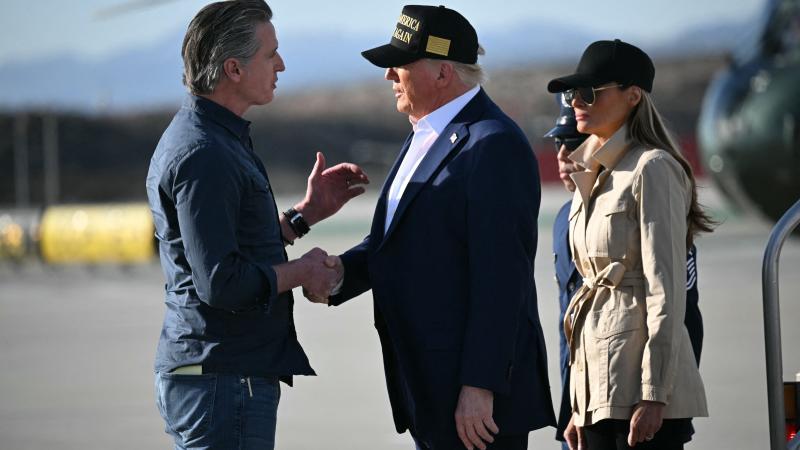Russian 'cowboy' aviator endangered international flight crews, pilots say
'Maybe he thinks he's Maverick,' retired military pilot says.
A Russian fighter pilot who unsafely buzzed a U.S. Navy surveillance aircraft over the weekend may have done so to impress colleagues back home at his squadron, American pilots told Just the News.
“Maybe they got a bootleg copy of Top Gun,” said Mitchell Bell, a retired Marine Corps KC-130 pilot and a current 737 captain for a major airline. “You probably have a Russian cowboy who thinks he’s Maverick.”
The Russian Su-35 jet intercepted a U.S. Navy P-8A Poseidon while flying in international airspace over the Mediterranean Sea on Sunday, the Navy said. The maneuver was the second such move in less than a week.
“That cowboy could go back to his buddies and say, 'I scared the crap out of those guys,'” said Bell, whose 737 airframe is the basis of the military P-8.
The intercept, while perhaps entertaining to the fighter pilot, was dangerous to both aircraft, the American pilots said.
“Even under clear skies, the weight and physics create a certain dynamic,” said Ron Lovas, a private pilot and former military officer with an extensive aviation background. “That Su pilot could be rolling over and could hit any kind of turbulence and slam him into that other plane.”
Within 25 feet of the Sukhoi, the P-8 was exposed to considerable turbulence and jet exhaust, the Navy said. The P-8 would not necessarily be able to evade a crash.
“One aircraft is maneuverable while the other is not,” Bell said. “It’s not as easy to maneuver a P-8 as it is to control a fighter. If that Russian guy had messed up his maneuvering, it could have caused a mid-air collision.”
The U.S. Navy agreed.
“Unsafe actions increase the risk of miscalculation and potential for midair collisions,” the Navy said in a statement.
“Until they recovered the black boxes they would have never known what went on,” Bell said.
“While the Russian aircraft was operating in international airspace, this interaction was irresponsible,” the Navy said. “We expect them to behave within international standards set to ensure safety and to prevent incidents, including the 1972 Agreement for the Prevention of Incidents On and Over the High Seas (INCSEA).”
The April 19 incident involved two intercepts by the Su-35 over a period of 100 minutes, the Navy said.















